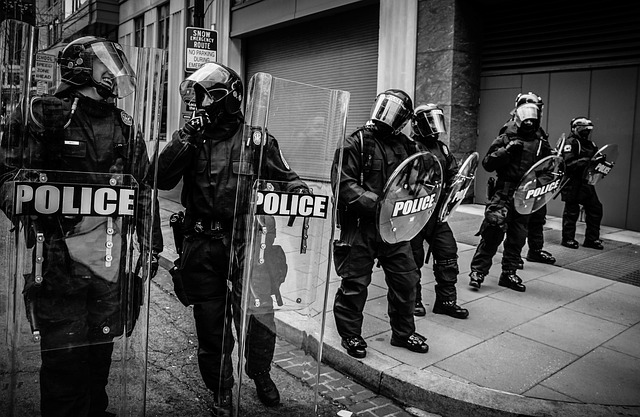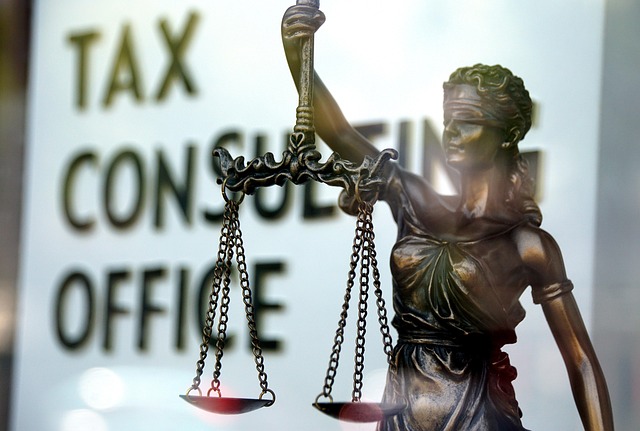Securities scams like Ponzi schemes and pump-and-dumps can cause substantial financial losses, making it crucial for investors to recognize red flags such as unsolicited investment offers and exaggerated returns. In legal battles against white-collar crime, especially securities fraud trials, strategies to contest witness credibility are vital. Attorneys use tactics including background checks, identifying biases, and uncovering connections to challenge witness reliability, ultimately exposing inconsistencies that weaken their testimonies. These methods ensure juries receive a balanced view of the facts and serve justice in cases involving deceptive securities practices.
In the complex world of securities, navigating scams is a critical aspect of investor protection. This article exposes common securities scams and red flags, offering insights into the intricate dance between fraudsters and the legal system. We delve into the role of witnesses in securities fraud trials, revealing their importance as both potential culprits and key allies. Furthermore, we explore effective strategies to contest witness credibility in trials, empowering readers with knowledge to spot and challenge false testimony, ensuring justice prevails.
- Understanding Securities Scams: Common Schemes and Red Flags
- The Role of Witnesses in Securities Fraud Trials
- Effective Strategies to Challenge Witness Credibility
Understanding Securities Scams: Common Schemes and Red Flags
Securities scams are intricate frauds designed to lure investors with false promises and manipulated information. Understanding these schemes is the first step in protecting oneself from potential losses. Common tactics include Ponzi schemes, where early investors are paid with funds from later participants, often resulting in a house of cards that collapses once new investments dry up. Another scheme involves pump-and-dump, where con artists artificially inflate stock prices through false announcements and then quickly sell their holdings, leaving unsuspecting buyers holding the bag as prices plummet.
Red flags to watch for include unsolicited investment opportunities, exaggerated or unproven returns, pressure to act immediately, and lack of transparency from the broker or issuer. In trials related to white-collar defense and economic crimes, strategies to contest witness credibility are crucial. Similar to examining fraudulent schemes, thorough cross-examination can reveal inconsistencies in witness testimonies, motives for bias, and potential manipulation, thereby questioning the reliability of evidence presented by prosecutors in general criminal defense cases.
The Role of Witnesses in Securities Fraud Trials
In securities fraud trials, witnesses play a pivotal role in unraveling complex financial schemes. Their testimonies can make or break a case, which is why understanding how to assess and contest witness credibility is essential for any general criminal defense attorney representing corporate and individual clients. Strategizing to challenge a witness’s reliability is crucial, especially when dealing with intricate financial matters where nuances and motivations can significantly impact the outcome.
Attorneys must employ various tactics to scrutinize witness statements. This includes delving into their background, examining potential biases, and exploring any connections to the parties involved. By revealing inconsistencies or motives for distorted testimonies, legal professionals can weaken the credibility of witnesses, leaving juries with a more nuanced understanding of the facts. These strategies are instrumental in ensuring that justice is served, particularly in cases where investors’ hard-earned money is at stake due to deceptive securities practices.
Effective Strategies to Challenge Witness Credibility
When it comes to securities scams exposed, one critical aspect often overlooked is the challenge of witness credibility. In any trial, the effectiveness of questioning witnesses can significantly impact the outcome. Legal professionals involved in white-collar defense should employ strategic tactics to contest witness testimonies at every stage of the investigative and enforcement process.
A robust strategy includes thorough preparation, such as examining potential biases or inconsistent statements. Lawyers should also challenge the reliability of memory by using leading questions and corroborating evidence. Additionally, cross-examination techniques, including revealing inconsistencies or contradictions, can undermine witness credibility. These general criminal defense methods are invaluable tools to ensure a fair trial and protect the rights of the accused in complex securities cases.
In exposing securities scams, understanding common schemes and recognizing red flags are essential steps. The role of witnesses in trials cannot be overstated; their credibility is crucial for justice. To enhance the accuracy of these proceedings, implementing effective strategies to contest witness credibility is paramount. By employing these tactics, legal professionals can ensure a fair trial, protect investors, and deter future fraudulent activities.






